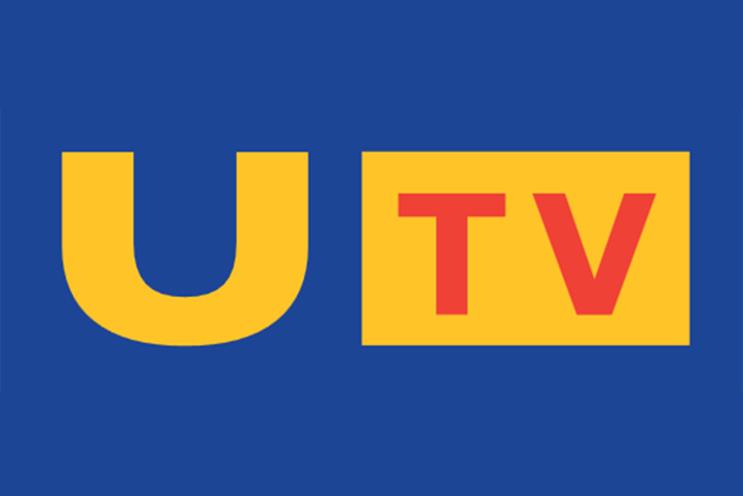
The Belfast-based company, which revealed it was in talks to sell its television assets to ITV earlier this week, saw profits fall from just under £10.0 million to just under £1.0 million in the six months to 30 June.
This was against a 0.8 per cent increase in group revenue for the same period to £58.3 million.
Turnover in its Northern Ireland television business was down by 2 per cent in the first six months of the year, reflecting an 11 per cent decrease in advertising revenue from Belfast.
UTV Media said this was due to a cut in expenditure by government departments in the Northern Ireland Assembly.
Turnover in its new television channel, UTV Ireland, fell below expectations as a result of a slower build in audience numbers, it said.
In the first six months, UTV Ireland’s share of commercial impacts was 11.4 per cent, compared to its original forecast of around 15 per cent. The channel's turnover for the first half of 2015 was £4.9 million with costs of £12.4 million.
The result was that operating losses in UTV Ireland for the six months were £7.5 million, compared to £0.5 million in the same period last year, creating an overall operating loss in the television division of £3.3 million (compared to £4.4m for the first half of 2014).
In its radio division operating profit was down to £7.9 million on turnover of £34.6 million, down 10.8 per cent on the same period last year.
Revenues in its GB radio division were down by 9.2 per cent to £25.8m, due to TalkSport, UTV said, which saw a boost in revenue last year because of the 2014 World Cup tournament. UTV also pointed to a "flat" national advertising market as the reason for the slump.
Richard Huntingford, the chairman of UTV Media, said: "The challenges of establishing a new television channel are evident in these results which reflect the significant losses incurred by UTV Ireland in its first six months on air.
"Less evident, but not to be lost sight of, is the inherent value created by the establishment of a mainstream television channel in Europe’s fastest growing economy, with long term licensing, programme supply and infrastructure in place."



.jpg)
.jpeg)
